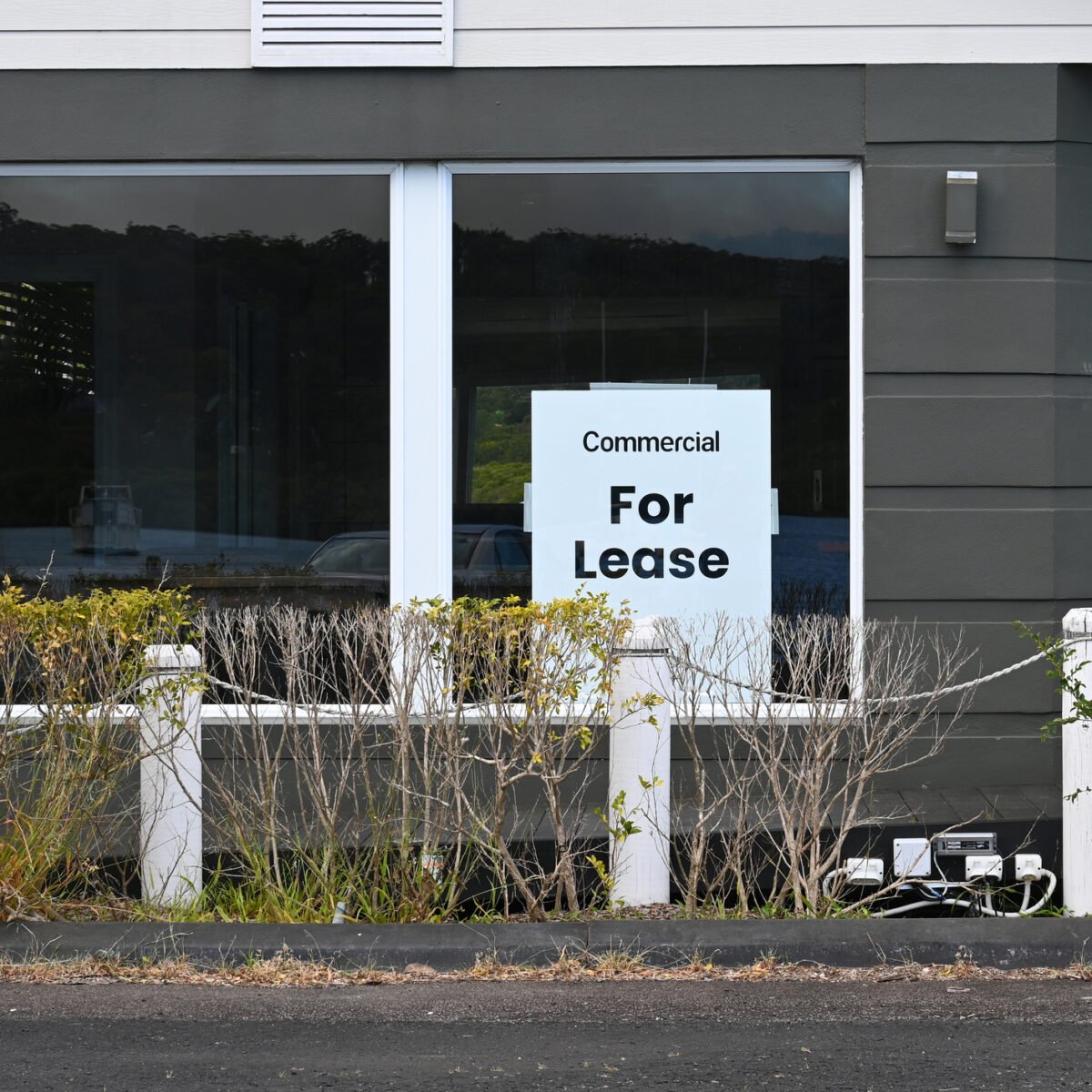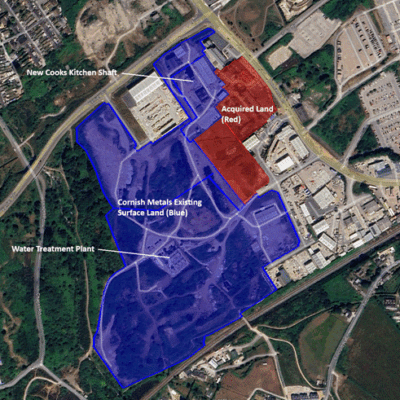For existing or aspiring collision repair owners, Focus Advisors explains in a recent article three ways owning real estate can help create and maintain the value of their collision enterprise.
First, owning the real estate your business operates in increases value if you decide to sell, since you’ll become the landlord for the buyer.
“When collision repair owners explore an exit with a buyer, and decide to hold on to the real estate, they will enter into a long-term lease with the buyer,” Focus Advisors wrote. “This lease is typically triple-net (NNN) and amounts to 5% or 6% of the seller’s last twelve months of sales, unless local fair market values are significantly different.”
However, Beth Rutter, president of Rutter Commercial Real Estate, told Repairer Driven News that she doesn’t negotiate leases for her clients based on sales because of the volatility of the business.
“Their lives, their environments can be so volatile, and when they’re going through the roof and they’re backed out three, four, five, six weeks, I don’t want them having to pay more for their rent, for example,” she said. “But it could be that Focus Advisors just have different types of clients than I do. Real estate is just a different cat than collision repair.
“The types of spaces that collision repairers need are very unique, and they’re hard to come by. From an asset standpoint, it’s a great investment. If a collision repairer owns their business, somebody [is] going to be able to rent that thing because it doesn’t have to be just a collision repairer. That’s the heaviest use. There’s all sorts of other types of businesses that’ll lease that space, that need those types of zoning requirements to operate.”
The greatest benefit for collision repair owners who also own their real estate is not having to deal with landlords, Rutter added.
“Typically, a collision repair facility signs a 10-year lease. They don’t want to sign anything shorter than that because of the time it takes to recruit the investment to put the equipment in. Moving a spray booth into a space, a brand new property, is very expensive. It’s going to cost probably more than $250,000 just to move a spray booth in there. And it’s not like you can pop it out and take it someplace else.”
Focus Advisors echoed that sentiment.
“When one owns their business and its facility, and the time comes to sell it or to hand it down to the next generation, there is much less risk of a third party getting in the way of a transaction, or surprises coming up with the property,” the article says. “Owner-occupiers looking to sell will have more control over the transaction and have more flexibility in structuring the deal. This can enhance the total value of the enterprise, property value aside.”
Focus Advisors explains that commercial real estate is valued based on net operating income and capitalization rates.
“This difference in risk profile for the credit tenant consolidators versus small, local businesses is the real lever of value,” the article states. “By way of example, let’s say a collision repair entrepreneur has the choice of selling their business and leasing their property to a nearby single-shop operator versus a consolidator. And let’s say that their business is doing $5 million in annual sales. Assuming a 5% rent factor, their NNN rent would be $250,000 per year.”
The article includes two examples of how a credit-worthy tenant, for the same rent, might create 77% more value for the property. In both examples, the value of the property is $250,000 NOI. If sold to a local single shop at an 11.5% cap rate that would be $2.17 million. If sold to a large consolidator at a 6.5% cap rate that would be $3.85 million.
“In summary, the less risky the tenant from an investor’s perspective, the lower the cap rate, and the higher the value for the real estate,” the article says. “For this reason, we advise collision repair owners to focus first on selling the business to the right buyer, then, only once it’s sold and the lease is signed, to explore selling the property.”
Rutter advised similar action.
“You want to sell your business to whoever’s going to run it the best and give you the most money for it,” she said. “Focus Advisors is spot on when it comes to that… Just like Focus Advisors said, the business has different risks than the property. And if you’re going to get out of the business, sell the business to whoever will pay you the money you want for it, and then you can do whatever you like with the property… Real estate is something that has value… It goes up and down, but the land it’s on never loses value.”
Focus Advisors says diversification when exiting is also a benefit of owning real estate.
“Many entrepreneurs in the collision repair industry have the lion’s share of their net worth tied up in their business and the underlying real estate,” the article says. “By selling their business, but holding onto the building, they are able to diversify their risk so that the total value of their business and their property are no longer tied to their success alone.
“By selling one’s business to the right buyer and leasing the property to them, a seller’s net worth is neither as concentrated nor as dependent on their success alone.”
Owning real estate can also be a means of financial growth for high-performing single shops or multi-shop operators (MSOs) through borrowing against real estate equity to finance acquisitions, according to Focus Advisors. Alternatively, one could borrow against their property to buy ‘build-to-suit’ brownfield or greenfield development sites since “owning the dirt” gives the operator more control over budgets, layouts, and timing.
“The largest operators, the consolidators, are backed by private equity (PE) capital and now account for a third of the industry’s market share,” the article says. “These large private equity-backed consolidators don’t own their real estate. The reason for that is they don’t want to tie up their expensive capital in long-term assets that create wealth slowly.
“The main reason for keeping the strategies separate is because real estate has a fundamentally different risk and return profile than does a collision enterprise. PE funds investing in collision repair operations have return-on-investment expectations that far exceed historical returns for real estate. That’s in part because there is much greater risk involved in profiting from an acquired business than there is for buying property and land that will never lose all of its value.”
Focus Advisors notes that real estate ownership provides tax advantages.
“For instance, many owners that we talk to, particularly those with C-Corps, like to pay themselves above-market rent through the business, therefore, reducing their business’s EBITDA and corporate taxes, but enhancing the value of the property.”
In closing, Focus Advisors says the collision repair industry offers many pathways to create value for an entrepreneur.
“One pathway is to focus on growing into a large MSO through numerous acquisitions. Another way is to acquire the real estate with an eye towards total value creation at an exit. When evaluating any growth strategy, real estate should be a part of that process, and one should consider its utility for borrowing, tax advantages, operational flexibility, diversification, cap rate compression, and so forth.”
And Rutter adds, “The benefits of owning the property and operating out of it is that you’re master of your destiny right now. I’m not saying that the zoning changes won’t impact you as an owner, but you have far more pull when you deal with the city than as someone who’s just leasing the space. And who’s to say the owner’s going to keep that building forever?”
Images
Featured image credit: Douglas Cliff/iStock
Share This:





